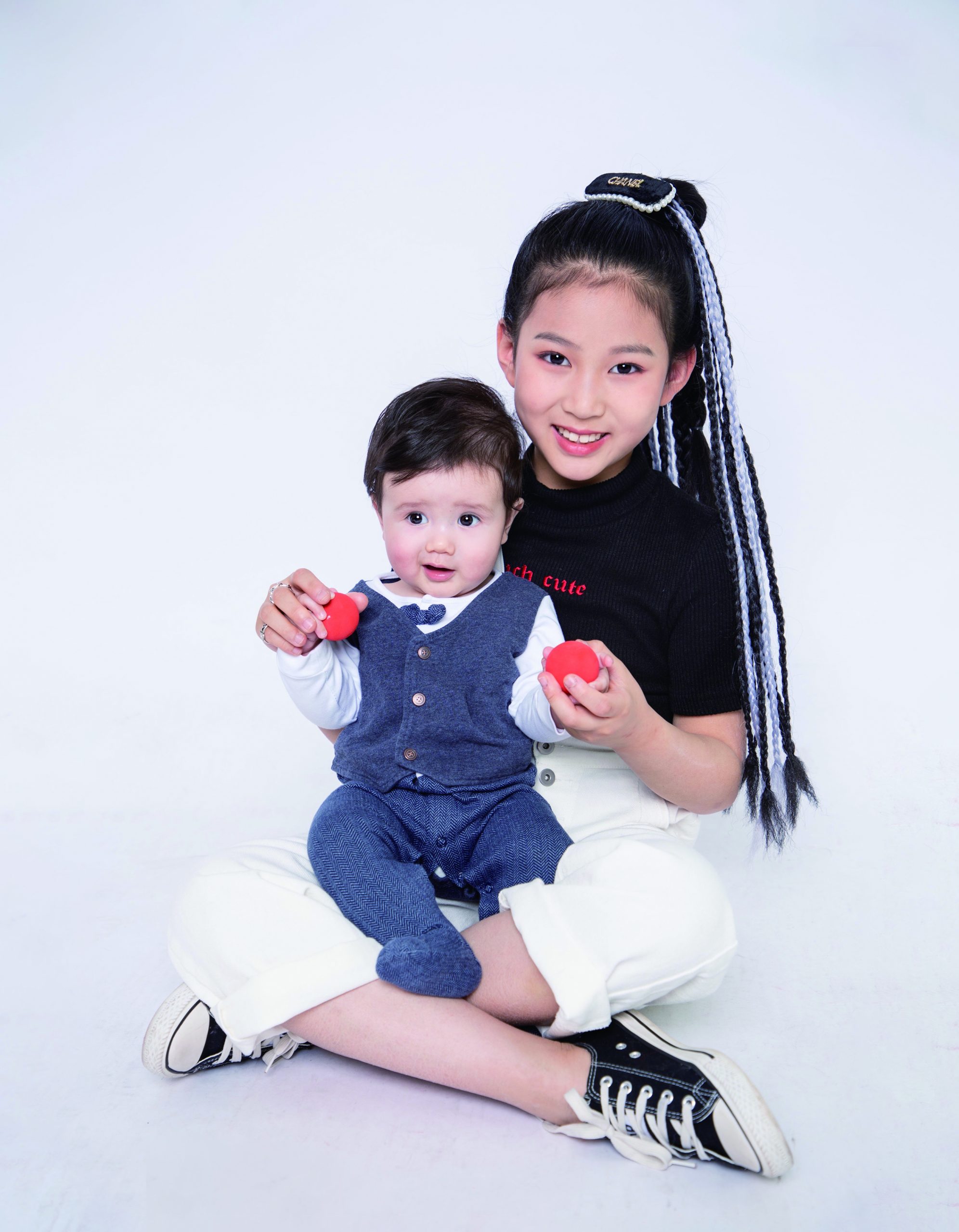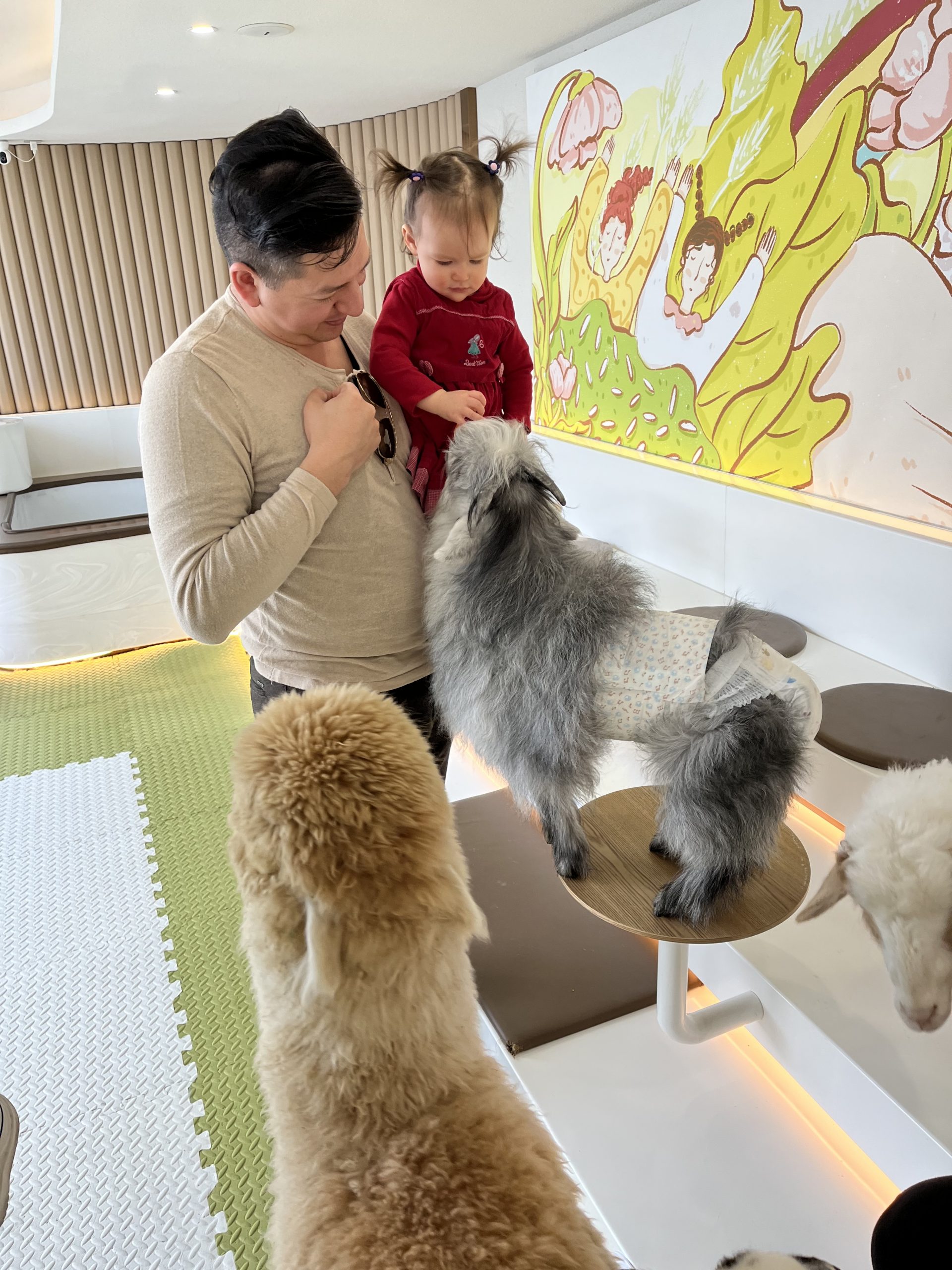When we think about generosity, we usually think about making a donation to charity. Caring for the needs of a person we have never met through money or other excess resources. And that is generous and incredibly important. But there is a much less glamorous and overlooked form of generosity. The emotional kind.
Emotional generosity is about empathizing with someone else and feeding their heart and mind as much as their body. It’s about letting people know they are safe and cared for. Basically, it’s about forming a community. And it’s important not just for the recipient but for the giver as well. Much like writing a check, emotional generosity gives us that warm glowy feeling but it also helps us form strong bonds with the people around us. And because of this, people who are described as “emotionally generous” often display healthier, more balanced lives. Multiple studies suggest that strong bonds and mutual support systems lead to lower blood pressure, better digestive health, deeper and more even sleep, and overall healthier, happier lives.
 So how do we cultivate greater emotional generosity within ourselves? It can all be tied back to this old adage from Lao Tzu: “Watch your thoughts they become words, watch your words they become actions.”
So how do we cultivate greater emotional generosity within ourselves? It can all be tied back to this old adage from Lao Tzu: “Watch your thoughts they become words, watch your words they become actions.”
So, let’s start with our thoughts. They are passing and powerful and we have a lot of them. Everything from the mundane “what’s that smell?” to the deep and profound meaning of life questions. But are your thoughts predominantly positive and kind or are they negative and rude? That matters because even if you never give voice to a thought, you are still releasing it into the world. The obvious way is your body language. We signal to each other every day what we think and feel. How often have you caught someone appreciatively gazing at your shoes or sneering at your bad manners? As Will Smith famously told us in Hitch, “90 percent of what you say is not coming out of your mouth.”
Then there is the cosmic question. Do our thoughts influence matter? And I don’t just mean in the esoteric sense. Plenty of scientists have hypothesized – although never proven – that thoughts are electrical impulses, and as such, have an effect on the material world. Likewise, studies from sources as respected as the National Institute of Health have shown that meditation, a form of focused thought, can impact things like the healing process. Many well-respected psychologists believe and espouse just like Tzu that your thoughts change your actions and therefore change your reality. In a purely allegorical sense, we all have those stories when “something just told me to call” or “I just knew someone was hurt.” Thoughts have power, even if we don’t completely understand why or how.
That’s all well and good but you can’t always control the initial thought, especially if it is a negative one. What you can do is edit it. Put yourself in the other person’s position or take a new viewpoint and try to empathize instead of criticize. It’s difficult and no one is perfect. But it just might change how you feel about the world and make the next step a little easier.
That next step is watching your words. We use anywhere from 7,000-20,000 words a day depending on your language, gender, and age. Even on the low end that’s a lot of words, and as with most things, how you use them matters. Start by becoming a little more aware of how you use yours. Over the next hour, note approximately how many times your words are neutral, complimentary, supportive, or critical. It doesn’t need to be exact. Just a general idea of how you respond to others verbally. All too often we think we are positive and supportive people but the number of times we answer with a “sure, ok, fine” or worse, “really? don’t do that! what were you thinking?” can surprise us.
 I’m not suggesting insincerity in your words. They should always be honest and come from a genuine place but if you drop just a few more “that sounds great” instead of “ok,” it changes the energy in the room. “Ok” is non-enthusiastic at best and dismissive at worst, “that sounds great” is the same sentiment but phrased in a supportive way. It says you enthusiastically agree with the idea and by extension, support the person who verbalized it instead of just submitting.
I’m not suggesting insincerity in your words. They should always be honest and come from a genuine place but if you drop just a few more “that sounds great” instead of “ok,” it changes the energy in the room. “Ok” is non-enthusiastic at best and dismissive at worst, “that sounds great” is the same sentiment but phrased in a supportive way. It says you enthusiastically agree with the idea and by extension, support the person who verbalized it instead of just submitting.
The level up is the unasked-for compliment or thank you. We spend all day rushing around. We are distracted with work, chores, tv, social media, and a billion other tiny attention hogs. We forget to see all the amazing things that people do and say, much less comment on them. But don’t you love it when someone notices the little things you do? Doesn’t it make your day to have a person take a second to tell you they noticed?
In a world where we are bombarded with overwhelming images, being seen is truly rare and beautiful. So take a second to tell your partner or child you appreciate that they took out the trash or washed their hands without you asking. Tell the waitress you think her hair looks nice. Thank your coworker for getting the file submitted early. It’s an easy way to make someone’s day and give them a boost.
Finally, there are actions. I am a firm believer that love is not a feeling. It is a choice that manifests into action. And I don’t just mean big grand gestures. I choose to see your wants and needs on a daily basis and when I can, I meet them. I believe real love is walking the dog in the cold so they don’t have to, or sewing on the button you noticed was missing, or grabbing a cup of coffee or sandwich for the coworker who hasn’t taken a break in hours. It’s picking up the trash on the street and doing the dishes. It’s being fully present at dinners and playdates despite the itch to check your phone.
Emotional generosity isn’t a one-time thing. It’s a habit. A way of treating the people around you – whether they’re a friend, colleague, or stranger – that says “you matter.” But there is one person you must extend emotional generosity to before you can give it to anyone else. Yourself.
How often have you thought, “I’m so stupid” or said, “I look fat in this?” How many times have you denied yourself simple things like the time to read a book or take a hot shower because someone else wanted your time and it would be selfish to deny them?
It’s a cliché but charity really does start at home. Try to extend kind thoughts, words and actions to yourself too. Because it is never selfish to meet your own needs.

This article appeared in the jingkids 2021 November-December issue




